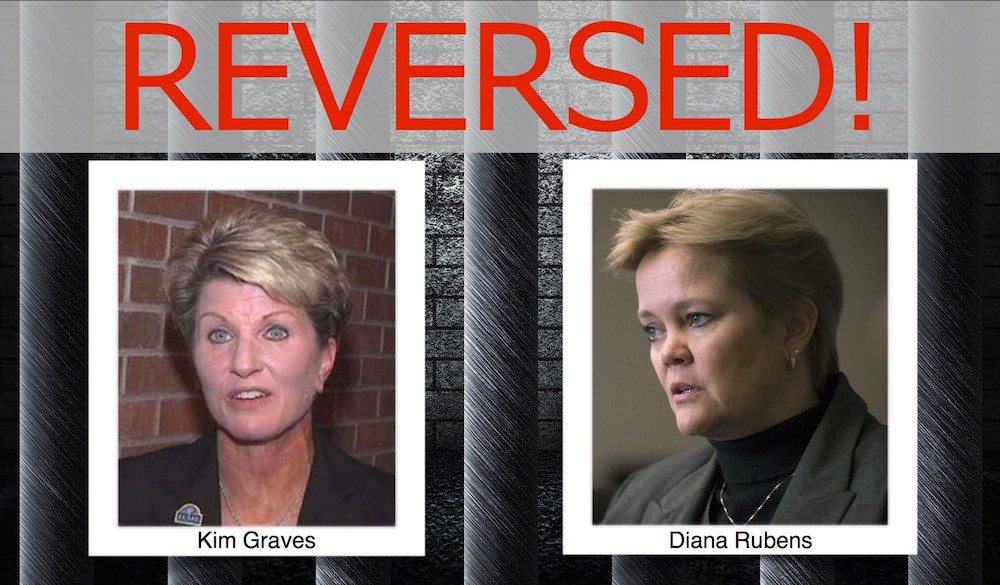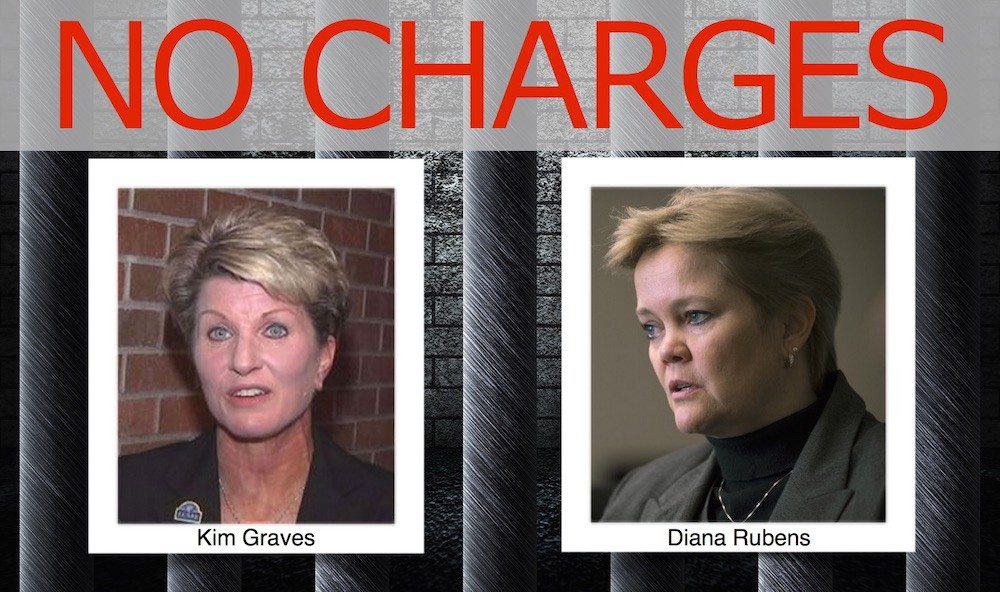Virtual Platforms: A Solution for Veterans’ Mental Health Challenges?
In an era where technology permeates every aspect of life, the Department of Veterans Affairs (VA) has embarked on a new venture with Innerworld, a virtual mental health platform. This initiative reflects an attempt to bridge the mental health service gaps faced by veterans. Founded by Noah Robinson, a man who found solace from personal struggles in the virtual world, Innerworld promises a sanctuary for those battling mental health issues. But does it address the root problems faced by veterans, or is it merely a surface-level solution?
The Genesis of Innerworld
The story of Noah Robinson, who found a temporary escape from his troubles in an online game, illustrates the potential of virtual environments to provide support. This experience led him to co-create Innerworld, aiming to extend similar support to others. While the narrative is compelling, it’s essential to question whether a virtual platform can substitute for comprehensive mental health care, especially for individuals with complex needs like veterans.
Veterans Affairs’ New Virtual Approach
The VA’s integration of Innerworld into its services is a significant endorsement of digital mental health solutions. By offering veterans 24/7 access to this platform, the VA aims to fill existing care gaps. However, this partnership raises questions about the VA’s capacity to address mental health care directly. Is the reliance on digital solutions a sign of innovation or an admission of ongoing struggles in providing adequate mental health services?
Efficacy of Virtual Care
Innerworld leverages cognitive behavioral immersion and peer-to-peer support, proposing a new model for mental health care. Yet, the effectiveness of such virtual interventions compared to traditional therapy remains under scrutiny. The impersonal nature of interaction through avatars may not meet the nuanced needs of all veterans, particularly those with severe mental health issues.
A Symptom of Larger Issues?
The collaboration between the VA and Innerworld occurs against the backdrop of rising veteran suicide rates, casting a shadow over the initiative. While virtual platforms can offer anonymity and remove barriers to access, they might not be the comprehensive solution that is urgently needed. The reliance on virtual environments for mental health support prompts a deeper examination of the VA’s strategies and their impact on veteran care.
Veteran Responses and Real-World Implications
Veterans’ experiences with Innerworld have shown the varied nature of their needs. Many appreciate the anonymity and peer support, finding comfort in a community that understands them without judgment. Yet, some veterans seek more direct, personal interaction than what virtual platforms can provide. The experience shared by a veteran known as Cogit8 reflects this balance, praising Innerworld for its welcoming space but also hinting at the need for more comprehensive support. This feedback underscores the importance of tailoring mental health care to better serve the diverse needs of veterans.
Concluding Thoughts: A Call for Comprehensive Care
The VA’s foray into virtual mental health platforms like Innerworld represents a step towards modernizing veteran care. However, this move also underscores the need for a critical evaluation of how we provide for our veterans’ mental health. While technology offers new avenues for support, it should not overshadow the essential need for direct, personalized mental health care. The transition to virtual solutions should complement, not replace, traditional care methods, ensuring that all veterans receive the holistic and comprehensive support they deserve.
As society continues to grapple with the mental health challenges facing veterans, the journey of Innerworld serves as a case study in the potential and limitations of digital health solutions. It prompts a broader dialogue on how best to serve those who have served, ensuring that the solutions proposed are as multifaceted as the individuals they aim to help.
Frequently Asked Questions
What is Innerworld?
Innerworld is a digital mental health platform that offers a virtual space for users to engage in mental health support through interactive avatars. It is designed to provide anonymous peer support and professional guidance using cognitive behavioral techniques within a virtual environment.
How is Innerworld connected to the VA?
Innerworld has been integrated into the VA’s services to provide veterans with around-the-clock access to mental health resources and support in a virtual setting.
How does Innerworld aim to assist veterans?
The platform enables veterans to anonymously interact with peers and professionals in a virtual space, offering a stigma-free environment for mental health support and resources.
How does virtual mental health care compare to traditional therapy?
The effectiveness varies among individuals; some may benefit from the accessibility of virtual platforms, while others may find them inadequate for addressing more severe mental health challenges.






I don’t know what John B is talking about. This is a great tool for peer support for those who may not use VA peer support groups. Innerworld doesn’t claim to replace professional help. It’s a peer support app.
If you do not know what I am saying you should ask and then make a comment, mental health care with the VA as well as the medical profession itself has not a clue what for example PTSD IS. This concept of a virtual platform 24 hrs a day further isolates the mental ill veteran from actual reality, that in its self is not good, The computer and the related concepts of gaming, virtual reality, and the lack of interaction with actual people is not only a serious issue with the veteran its a serious social issue for our society its adults and especially its children. This isolation is in hand with united we stand and divided we fail, guess where we are now? Social interaction actually talking to other human beings helps more than isolating the veteran in a virtual platform of no intelligence hope this helps you understand if not well???? Computer have proven they are more of a problem than a solution for mankind
I only really know about 5 people from OIF who went to the VA at some point in time. Most of them left and never went back. A couple of them probably still go there, but I guarantee you it’s just to make an appearance or because they don’t realize just how meaningless the place is. One guy it took them seven years to give him surgery after his track vehicle hit a mine in Iraq. Granted it didn’t mess him up too bad but point is he needed it done. Another guy said to me, “I got benefits and don’t have to go back” so that right there tells the story. Another guy he probably still goes, doctor once said to him, “You got 100% disability, what else do you want.” The guy needed disk replacement or similar procedure and they’ll never do it. He should just leave. I think he still goes. I don’t go myself because of denial of care and I figured out how some psychologists at VA really view veterans. Science or no science, no way someone will stand in front of people who hold those kinds of views about people. That’s all I’m gonna say. Once you understand those people in there, you’ll leave and never go back so..on top of the denial of care and the disregard for constitutional rights that those people have, suffice to say a smart person by default will not go to VA mental health care and will spend whatever it takes outside VA if they’ve really got a serious issue. Some people, they just don’t care about themselves that much, or they don’t have the money, or they’re just not very bright and don’t understand what they have going on at VA.
There’s so called mental health workers at VA so goddamn sorry and offensive that I’d probably send something up their ass if I ever saw them in public…so yeah, it can get pretty bad with those people in there. Some of them read your notes or get a tip from one of their “colleagues” and it’s off to the races right away with the provocation and character assassination. The VA puts up with employees like that all day long. And I’m not talking about the orderlies and nurses but the people with bachelor’s degrees behaving like that. I remember at one place, non-VA, just as bad. That time it was two nurses, one dude and one lady. I forgot what it was about with the dude, but the lady came at me sideways..she didn’t have to. I said look here, only here under this roof will you say these kinds of things to me. Im not gonna go looking for you when I get the fuck out of here.. but if I just happen to see you, I’m gonna slap the shit out of you. I don’t give a fuck if you got tits or not. I’m a nice guy all day long until someone is rude. I think that’s understandable. As far as VA though, those people don’t care about the fact that they’re in a public position and they’re responsible for having good relations with people, responsible for maintaining positive relationship between people and government, they don’t care about any of that stuff. You’d think that would be the standard but there’s not one. And they got millions of people who could take their places but the VA just will not get rid of some of them. They tolerate nothing from veterans and everything from their employees.
They’ll do anything and everything BUT spend a bit more and get some professional people in there to solve problems and work with people. They’ll do anything and everything BUT fire people with fucked up attitudes and philosophy that leads to them just dumping people they don’t like to work with. They’ll do anything and everything BUT understand that care in the community is preferable to dealing with oppositional psychologists who feel that policy making is part of their duties. The actual psychiatrists aren’t that bad in general. It’s usually everyone below them, the psychologists and social workers who are bad news. They’ve got ZERO interest in maintaining an honest, working relationship with you if you present with certain issues. Assignment of threat level and things of that nature undermine trust. You can’t tell these people shit. I’m not talking about threats of suicide either. In general, you just can’t tell them shit because they’ll devalue you over it or use it against you. Psychologists in the community are like night and day compared to most at VA. They need to answer to people as to why that is! Are they not paying people enough or can they not control those people in there? I wonder how many suicides because of those people’s attitudes and behavior in there. Need to be realistic and identify veterans who would be better served in the community and just give insurance cards since they can’t get it right. That or admit it’s a failure, that they just can’t enforce any kind of standards in there, and wrap it up. They aren’t even respecting people’s constitutional rights for Christ sakes man where are the fuckin lawsuits?
Walk the talk or what??? The computer mess is a useless tool that moves individuals into a non existent parallel universe simple putting people into a world of nothing. Sorry that is not good Then we have that terrible device called the COMPUTER the only thing that this entity does is give something or someone more and more information about a individual that it COLLECTS and SELLS TO OTHERS. Does it do anything else NO IT DOES NOT! Then entities like the VA use tbnat private information they glean out and use it AGAINST EVERYONE AND DISTRIBUTES IT TO Anyione including thw sewer drain clearner